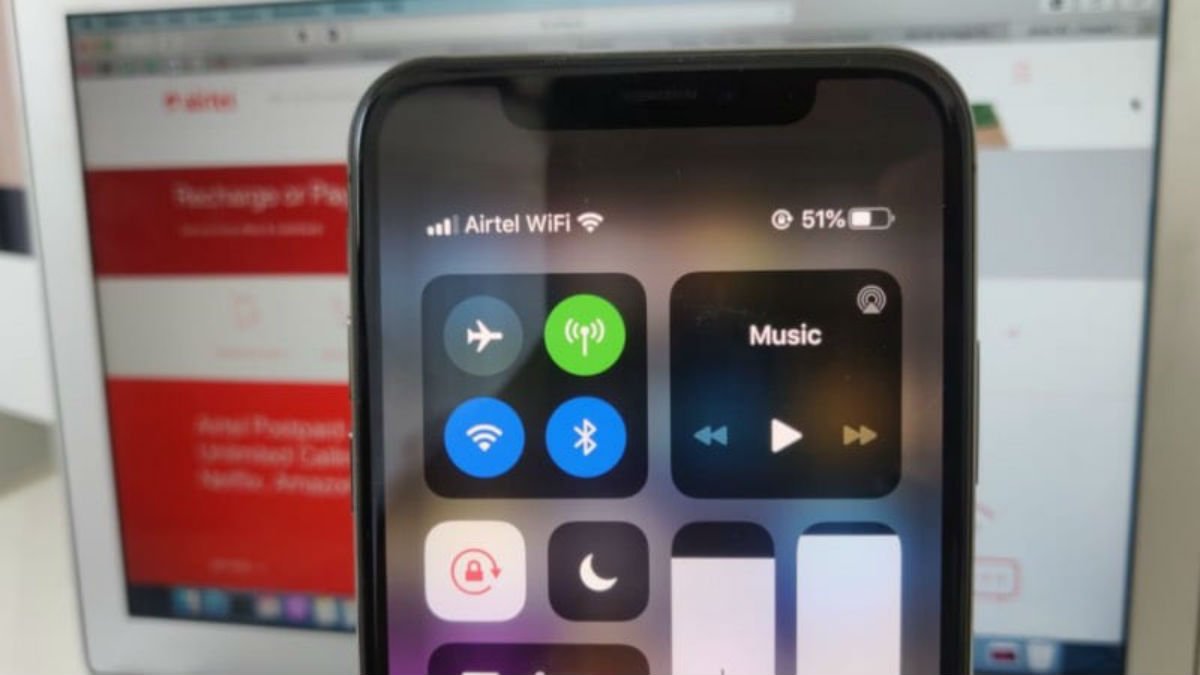
In the current scenario, internet users often consider Wi-Fi and Broadband connection as the same technology. However, it is essential to know that both terms are different in functions and features. Many internet users often consider that Wi-Fi and Broadband connection refers to an active internet connection, but the actual definition and functioning of both the terms are disparate. In case if users don’t know the difference between Wi-Fi and broadband connection, they might face several troubleshooting issues with their connection. Here in this article, we will cover the differences and working of Wi-Fi and broadband connection.
What is Wi-Fi and How Does it Work?
In simple terms, Wi-Fi (Wireless Fidelity) uses radio signals and frequencies to transfer data, and it doesn’t require any wires for connection. Wi-Fi solely relies on radio waves to deliver information. Wi-Fi uses 802.11 wireless ethernet technologies. Talking about working, Wi-Fi works in two steps. Firstly, the wireless transmitter receives data and information from the broadband connection, which is installed at our homes. Secondly, the transmitter converts the received information and emits it. Once the information received from radio waves is emitted, devices which are connected through Wi-Fi picks up the information. One of the intriguing features of Wi-Fi is that it does not require a physical connection between the sender and the receiver. The transfer of the signal is done through transmitters.
What is Broadband and How Does it Work?
Broadband in simple terms is one of the ways through which users can connect to the internet. Now, one of the most important features of a broadband connection is that it offers high-speed internet connection with and without wires. There are various types and technologies of broadband connections which we have earlier discussed. All the technologies of the broadband connection offer high-speed internet connection to users. The working of broadband connection depends upon the type of technology which the internet users are selecting. For instance, the latest fibre optic network technology offers fast internet speed with high-bandwidth and symmetrical speeds. Fibre optic broadband connection uses transparent glass fibres which have the diameter of human hair. Similarly, cable modem technology uses coaxial cables to provide an internet connection to users.
Difference Between Wi-Fi and Broadband
Now that we know what Wi-Fi and broadband mean, it will be easier to evaluate the differences between Wi-Fi and broadband. In simple terms, broadband is the means through which users get an internet connection. Broadband provides internet connection to users at their doorsteps. On the opposite pole, Wi-Fi is a medium or simple way to use your broadband connection via an access point. One of the major benefits of Wi-Fi connection is that it allows users to connect to the internet via multiple devices simultaneously. As of broadband connection, it directly connects to your devices, offering faster internet speed to users.
Advantages of Wi-Fi Connection
Now we can easily evaluate the advantages of Wi-Fi connection. One of the major advantages of Wi-Fi connection is that it is cheaper than a broadband connection. Apart from this, users get to connect with multiple devices simultaneously. Another major advantage of Wi-Fi is convenience. W-Fi devices offer convenient options to users at any location. The mobility of connection is not present in a broadband connection.
Advantages of Broadband Connection
Broadband connection offers lightning-fast internet speed. Since users get unlimited data pack options in broadband connection, they don’t have to worry about the data limit. As of security measures, a broadband connection is the safest and reliable source of internet connection. Many users say that broadband connection is costly, but with unlimited high-speed internet data packages, the broadband connection falls under the affordable category and it caters to both work and entertainment need of users.















